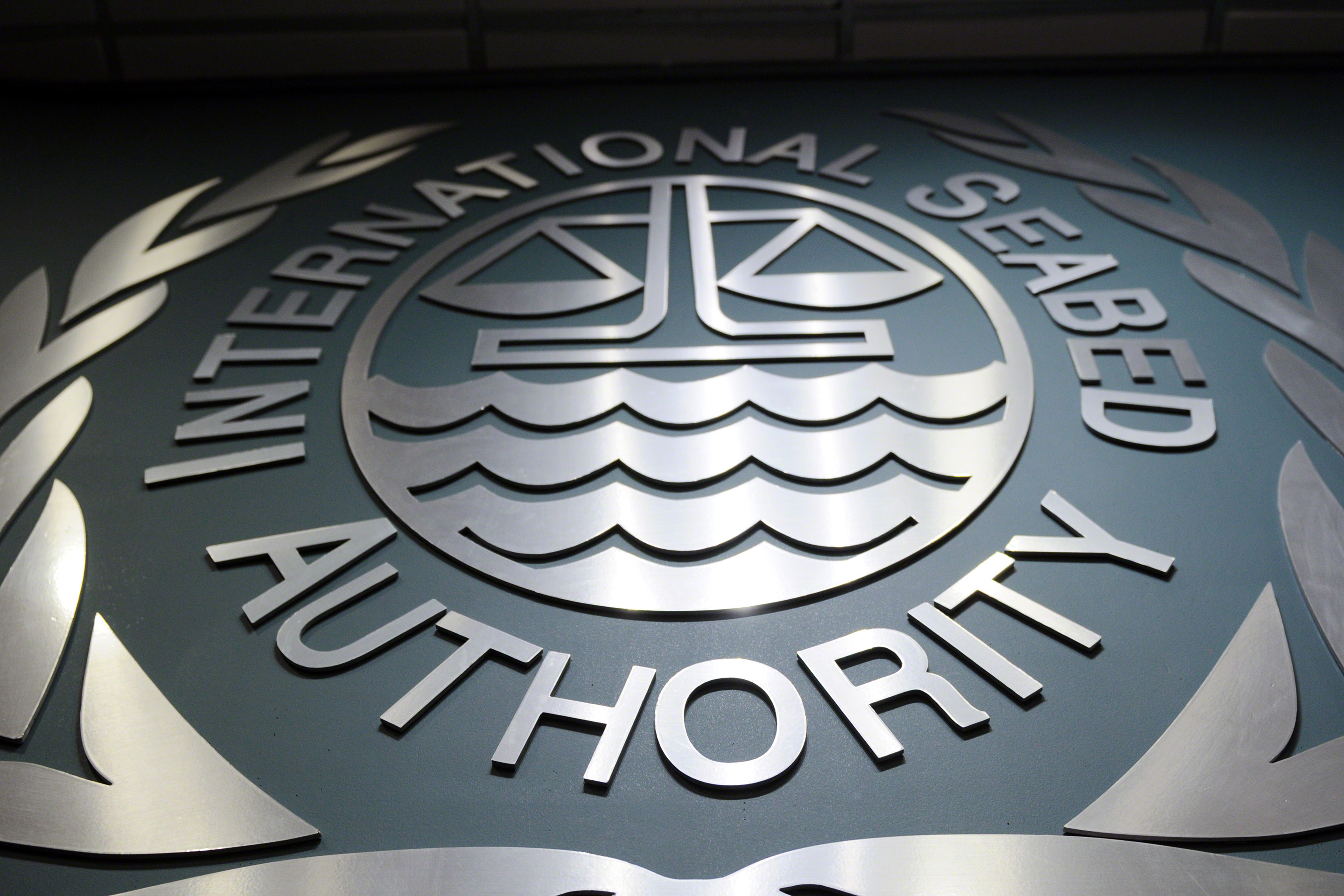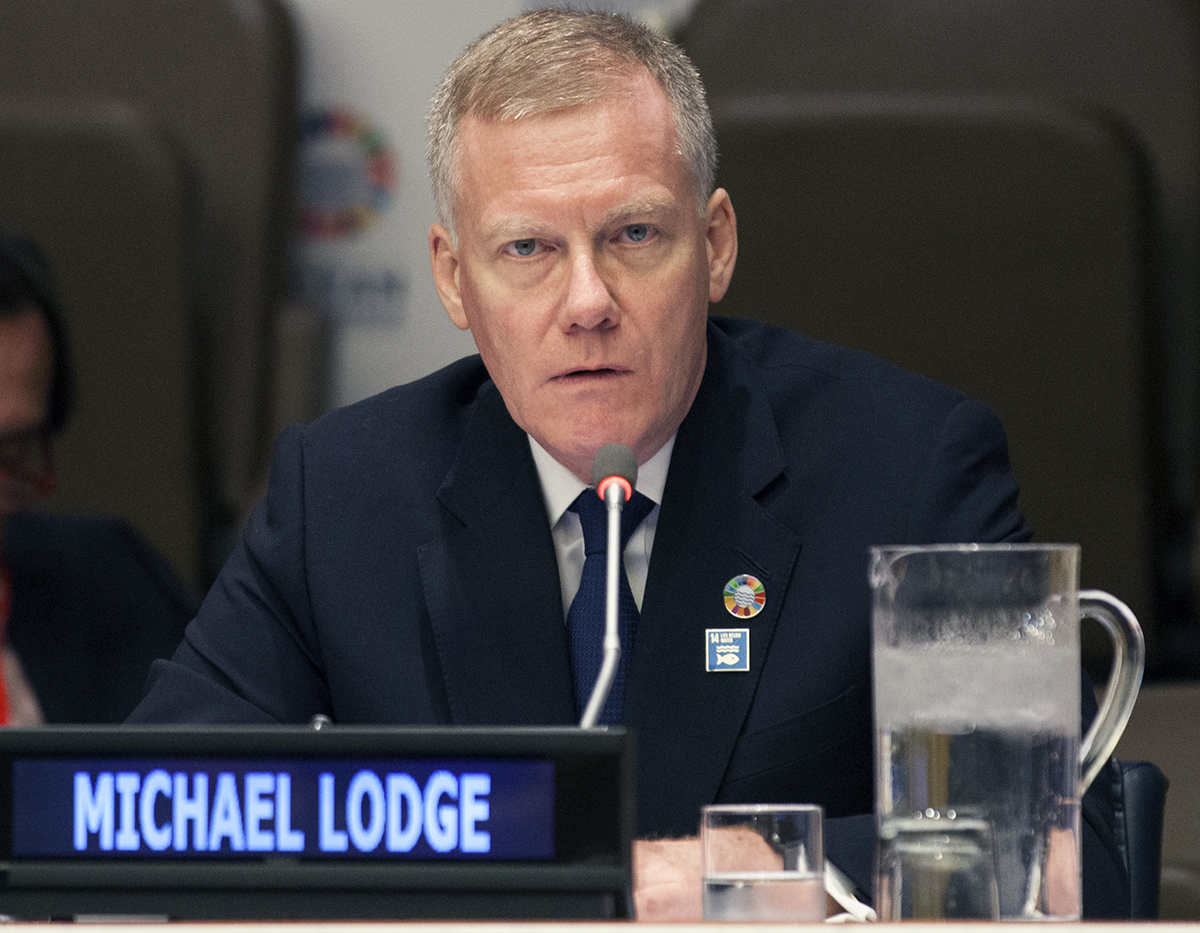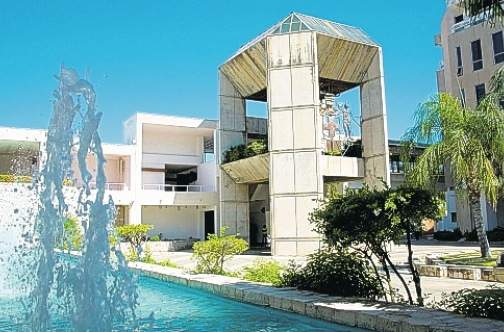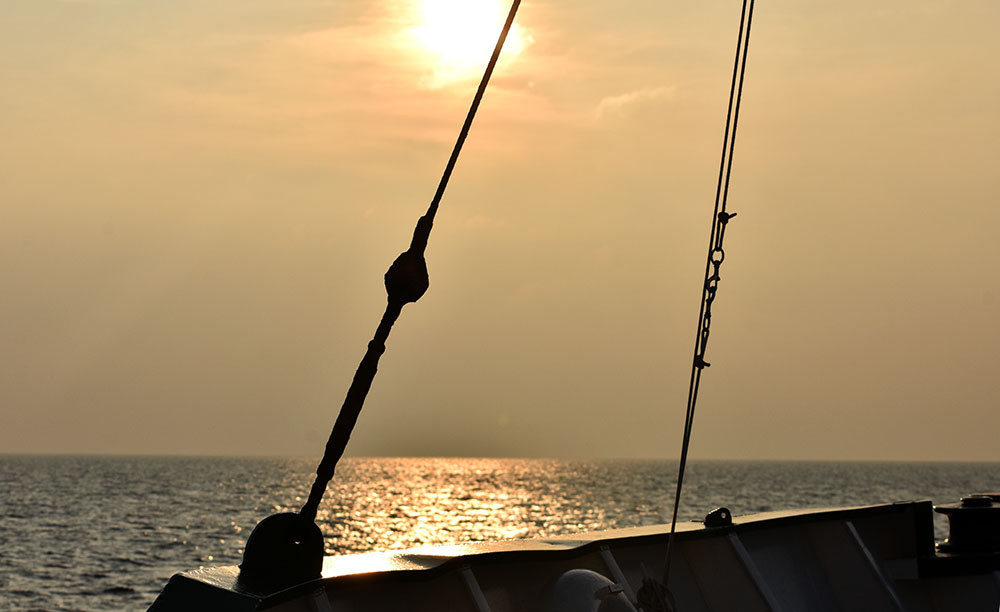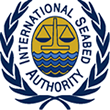The first ever international workshop on ‘Capacity development, resources and needs assessment,’ organized by the International Seabed Authority (ISA) in Kingston, Jamaica, concluded yesterday with a set of recommendations aimed at improving the delivery and implementation of ISA’s capacity development programmes and initiatives to meet the needs and priorities of developing States, particularly Small Island Developing States (SIDS), Least Developed Countries (LDCs) and Land Locked Developing Countries (LLDCs).
The three-day workshop held from 10 to 12 February, brought together more than 70 representatives, including members of ISA, as well as observers, contractors, international and regional organizations, academic institutions and scientific groups.
In his welcome remarks, the Secretary-General of ISA, Mr. Michael W. Lodge, reminded participants that the UN Convention on the Law Of the Sea (UNCLOS) requires ISA to promote and encourage the transfer of technology and scientific knowledge to developing States, noting however that the capacity development needs of developing States are changing as ISA enters “a new phase of its existence.”
“Tomorrow’s deep-sea operations will rely just as much on artificial intelligence, big data, DNA and nanoscience as they do on tried and tested traditional offshore technology,” explained Mr. Lodge. “So, while there is no doubt that the spirit of the provisions contained in UNCLOS remain just as valid today as they were 25 years ago, it is equally clear that we need to reconsider the ways in which we can deliver capacity development to ensure that they meet the real needs not just of today but also of tomorrow’s scientists and other national experts.”
In her opening remarks, UN Under-Secretary-General H.E Fekitamoeloa Tupoupai ‘Utoikamanu High Representative for the LDCs, LLDCs and SIDS (UN-OHRLLS) congratulated ISA for its “past, current and anticipated strong future efforts to raise awareness and enhance participation of vulnerable countries in the activities and programmes conducted by the Authority.”
“The ISA Voluntary Commitments announced at the Ocean Conference in June 2017, demonstrate ISA’s strong commitment to strengthen cooperation through the Abyssal Initiative for the Pacific SIDS and the cooperation announced with the African Minerals Development Centre to support Africa’s Blue Economy,” said the Under-Secretary-General.
Over the three-days, participants reviewed the key findings of the assessment undertaken by the Secretariat on the capacity-building programmes and initiatives implemented by ISA since its establishment in 1994. Participants also discussed the benefits and requirements for ISA to develop a more programmatic approach in terms of capacity development as well as the potential contribution of regional centres to achieve the goals of the 2030 Agenda, and the importance to building strategic partnerships to deliver against the ISA Strategic Plan and the High-Level Action Plan for 2019-2023.
According to UNESCO, women today account for only 38 per cent of the world’s researchers in ocean science, and the rate is even lower for women from developing countries. Recognizing the benefits of fully including women in ocean science to development progress, and in-line with the International Day of Women and Girls in Science on 11 February, the workshop also provided a unique opportunity for all participants to discuss how to maximize current actions to enhance the participation of women from developing States in deep-sea research.
Download the summary of the workshop outcomes document here: Capacity Development Workshop: Summary of outcomes
